Portugal and Croatia have had contrasting runs to the Round of 16 at the World Cup

Portugal and Croatia have been two highly contrasting outfits at this summer’s World Cup in Russia so far. One has been rather lethargic, contained, laboured to results, albeit defensively astute. The other has been expressive, beating everyone in their path and topping their group with perfect results.
Portugal have been using the formula which got them their first major honour: maintain their shape and structure and rely on a few moments of magic. Croatia meanwhile, have looked better than ever before, and in a tournament that has hardly seen any standout teams living up to the billing, they have been one of the shining lights.
Portugal: successful, but sluggish
There was great optimism surrounding Portugal following their opening-day draw with Spain. Their fighting spirit and fluidity in attack suggested that they may well go far in the competition. Although all the goals came from one Cristiano Ronaldo, the fluidity in the side was quite encouraging. As the tournament progressed to clashes with Morocco and Iran, doubts were starting to emerge. Against Morocco, they were on the back-foot for the most part, failing to build on their early lead and getting relatively lucky against them. Meanwhile, against Iran, they were toothless in attack, and fortunate not to be eliminated after the Asians fluffed a late chance to win the game, as the score was tied at one apiece.
However, while there is a bit of doubt with the side, one compliment that can be paid to them is the fact that they have developed this mentality that sees them refusing to lose. In Fernando Santos’ 32 competitive games in charge over four years, they have lost once – drawing eight and winning the other 23. That is down to the strong spirit within the side, the stable leadership and the experience that the senior members of the squad are able to share with the younger ones.
They may be uninspiring to watch at times, but they almost always seem to get the job done – as evident greatly two years ago in France.
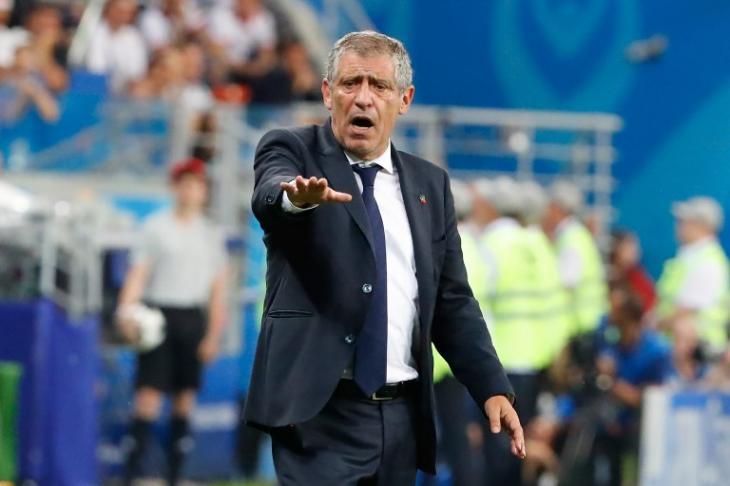
Attack earns a draw versus Spain
In Russia this year, Fernando Santos has tried three different setups in the group stages. In the opener versus Spain, he set out his usual 4-4-2 formation, except he dropped his usual favourites, João Mário and André Silva in favour of Bruno Fernandes and Gonçalo Guedes respectively. Despite their structure, Cristiano Ronaldo roamed freely in the attacking zones and helped create trouble down the left side, with the help of left-back Raphael Guerreiro and Fernandes. After taking the lead, the changes made to the side would help them in their sole purpose: to catch Spain on the counter-attack.
Even when they were down to Spain on two occasions, they would use the qualities of their wide players to come back and started to press the Spanish more aggressively. The key aspect here was the presence of William Carvalho and João Moutinho, who would be crucial in helping to win the midfield battle as they were able to make tackles and recover the ball as soon as possible to initiate their counter-attacks. In the end, a 3-3 result was fair, given the strength of the two teams.
Defensive solidity against Morocco
In the match against Morocco at the Luzhniki Stadium, João Mário returned to the eleven with Bruno Fernandes dropping out. This was where the strength of the defenders’ game to the fore and the importance of William Carvalho in midfield was made clear.
The former Sporting CP midfielder has arguably been their best player in Russia this summer, along with Ronaldo, and his quality was well on display against Morocco and Iran. After taking the early lead, the experience of the back-line came to good use, as they often stopped Moroccan attacks and denied them clear goalscoring opportunities to seal a crucial win.
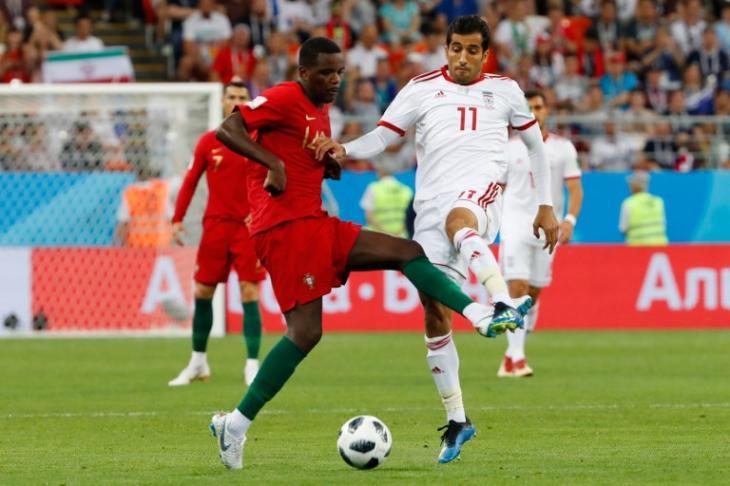
Carvalho not only stopped Moroccan counter-attacks, he was also important in Portugal’s rare transitionary play (which was significantly low). A key cog in the middle, he allowed his team to quickly get into shape after losing the ball and was constantly having the aim of developing play while also stopping any trouble from the opposition. In a man-of-the-match display, his absence would’ve caused grave trouble to the European champions.
Worries raised against Iran
In the final group game against Iran, Santos gave Ricardo Quaresma his first-ever World Cup start, thus dropping Bernardo Silva. In addition to that, André Silva returned in place of Gonçalo Guedes to lead the attack. His faith was repaid as Quaresma’s wonder-strike using the outside of his boot gave them the lead. In arguably their worst performance of the tournament so far, this game raised many doubts. They conceded a late, controversial penalty, and could’ve gone on to lose soon after that.
Here, Silva was sluggish in the attack, unable to provide any speed or intent, while the rest of the midfield was poor. Slow on the ball, poor decision-making and even the two full-backs weren’t able to aid them. This game raised several worries and suggested that the ones that were brought into the side should go back-out. Perhaps the only encouraging sign was Adrien Silva, who came in for João Moutinho, as he wasn’t fully fit. Silva deputised well and formed a strong pairing with Carvalho, but once again, it was the two centre-halves who looked most promising.
Uruguay: a challenge that could’ve been avoided
Uruguay have been one of the best teams at the World Cup. Five goals scored, none conceded, and three wins allowed them to top Group A. It could be said that they didn’t face the sternest of opposition, but this group which has the experience of the last few World Cups and combined that with the youth that has been raised with coach Óscar Tabárez’s methods have been solid so far.
Egypt, Saudi Arabia and Russia, their three opponents have hardly been able to breach their defence, while their attacking line is slowly starting to find form after a relatively slow start to the tournament. Overcoming them will be a mammoth task for the Portuguese.
Croatia: perennial dark horses rise to the occasion
When Zlatko Dalić took over the Croatian national team, his country was in a rather underwhelming state of affairs. Having started off their qualification campaign in strongly, their form under previous coach Ante Čačić, started to dwindle, and they were on the verge of missing on the finals. Fast forward eight months, and they have become one of the most entertaining sides to watch in Russia at this World Cup. They ran riot in the first two matches against Nigeria and Argentina and had to dig deep against a determined Iceland in the final group game, but still came out with a win and topped the group with a perfect record.
Innovativeness and smart changes versus Nigeria
Against the African nation, Croatia setup in a 4-4-2 formation, that would switch to a 4-2-4 as the two wide players, Ivan Perišić and Ante Rebić would push forward to aid their two forwards. In the first, despite taking the lead, they were largely disappointed with their performances. They were lucky to go one-up via a Nigerian own-goal and were left exposed in the midfield as the wide players would often find themselves high up the pitch and there wasn’t a midfielder in the side to link the attack to the midfield and defence. They were reliant on long balls and the wide players aimed to find spaces behind the back-line, which was often ineffective.
In the second, the introduction of Marcelo Brozović gave more authority to the Croatian midfield. This allowed Luka Modrić to find pockets of space in his preferred attacking zones as Brozović and Ivan Rakitić deputised for defensive duties. They scored their second goal from the spot, but it was nothing less than what their performance deserved as they started their World Cup campaign strongly. Their performance was structured, organised and Dalić was clever with using the strengths available to him, making a smart substitution to gain dominance in the area they are best equipped – the midfield.
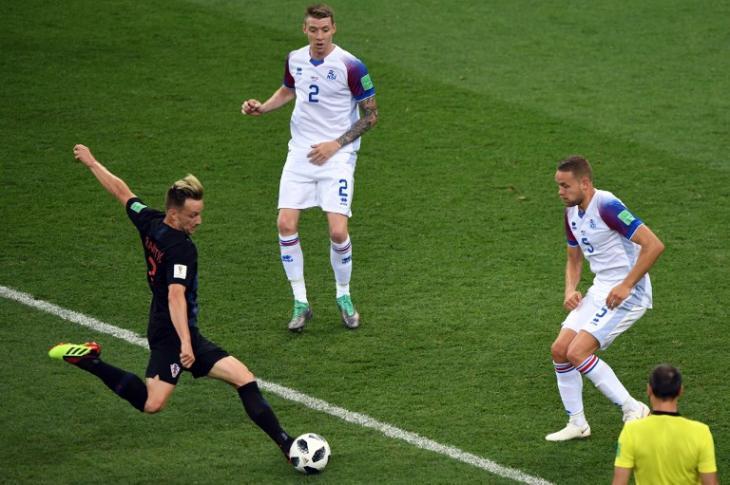
Outplaying the Argentinians in the second match
Coming on top against the Icelandic challenge
With top spot very likely and qualification already certain, Zlatko Dalić made several changes to his starting eleven against Iceland. They needed a very late Ivan Perišić goal to seal the win in an even clash. Playing in an experimental 4-3-2-1 formation with many of the second-string players, understandably, they weren’t all that convincing. For many parts of the game, they looked lethargic, but their defensive performance can be praised. Playing against a side that needed a win to qualify, the centre-halves, Duje Ćaleta-Car and veteran Vedran Ćorluka looked comfortable and composed.
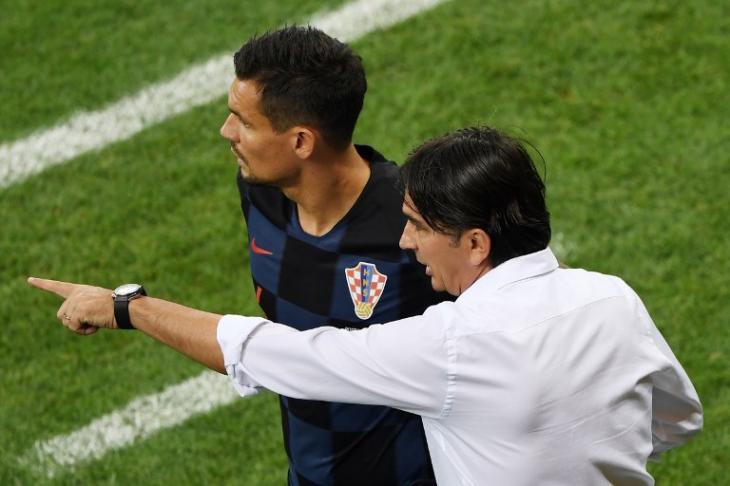
Many times during the match, they seemed disinterested in playing at their maximum level, and this was a game perhaps, to keep the squad in high spirits ahead of the knockout rounds. The win allowed them to ensure a perfect group record and win a group for the first time in their history. That is a testament to the effect coach Dalić has had since he took over last October.
Favourites to overcome the Danish encounter
In the Round of 16, the Croatians face an all-European clash against Denmark. There, the usual line-up will be expected to return. Both teams are unbeaten in the group, but the Danish haven’t exactly been at their best. Similar to Croatia, the Denmark midfield options are also strong, but it may be the forward, Andreas Cornelius that may come to good effect here. With the impeccable deliveries of Christian Eriksen, Cornelius may fancy his chances against the opposing back-line.
Nevertheless, the Croatians are far more talented and in better form than most of the teams in the tournament and will approach this game as favourites to progress to the last eight.
First published: 30 June 2018, 16:50 IST


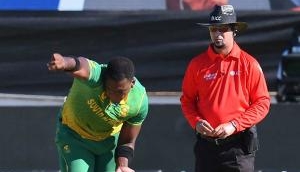
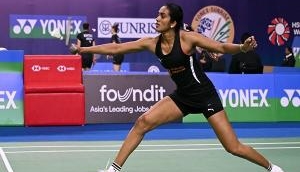
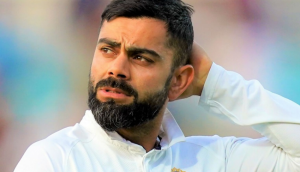
![BJP's Kapil Mishra recreates Shankar Mahadevan’s ‘Breathless’ song to highlight Delhi pollution [WATCH] BJP's Kapil Mishra recreates Shankar Mahadevan’s ‘Breathless’ song to highlight Delhi pollution [WATCH]](https://images.catchnews.com/upload/2022/11/03/kapil-mishra_240884_300x172.png)

![Anupam Kher shares pictures of his toned body on 67th birthday [MUST SEE] Anupam Kher shares pictures of his toned body on 67th birthday [MUST SEE]](https://images.catchnews.com/upload/2022/03/07/Anupam_kher_231145_300x172.jpg)






